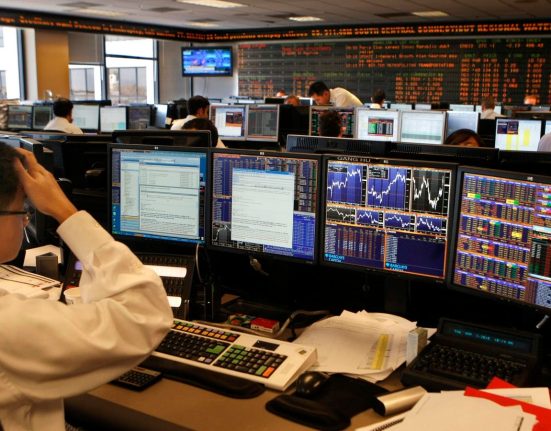Living a healthy lifestyle in a holistic sense has become one of the defining traits of our times. Interestingly, this idea is not just restricted to the ways we live. The idea has found huge acceptance even in the world of investments. Today, from sustainable living we are following the trend of sustainable investing. Sustainable investing is catching up across the world. Investors want to own businesses which are inherently less risky.
ESG – environmental, social and governance-based investing framework is a cornerstone of defining good quality low risk businesses. Such businesses are expected to create long-term wealth for investors by compounding their profits.Also Read: Why an ESG-conscious investing ecosystem is very important for India
High ESG score of a company typically indicates a business which is conducted with utmost consideration for environmental protection, nurturing societal values and protecting stakeholders’ interest. Such businesses follow high governance standards and transparency. Going forward, the importance of ESG-focused investing will receive further fillip. As interest rates come down structurally, investors are expected to allocate more money to equities in the quest for returns.
Many of these investors may not be aggressive and would like to reduce risks. The best way to achieve this is to invest in stocks of companies with high ESG scores or products that invest in these stocks. Also, a robust system that penalises polluters and rewards performers is going to push investors towards high ESG score businesses.Also Read: Mutual funds: What are ESG sub-categories allowed as per Sebi framework? MintGenie explains
In COP26 held in Paris in November 2021, India had committed to a net-zero emission by 2070. In FY26, Indian Carbon Credit Trading Scheme is expected to begin. Companies which beat their targets will be entitled to carbon credits and firms that underperform need to buy those credits. This will have an impact on profitability of companies and companies will have to invest more in cutting their emissions. While environmental responsibilities drive investors and promoters’ actions, the focus on societal values are also catching up.
Employee policies of companies, product positioning and social responsibilities will play an important role. Companies are also working on governance standards. Enhanced disclosures, rising role for independent directors and putting in place policies pertaining to income distribution has helped many companies climb the ESG ladder.
Businesses such as tobacco, alcohol, and gambling are excluded from the investible universe of ESG focused investment framework.
Select large companies in old economy industries such as cement, paper and metal have taken focused efforts to improve their ESG scores and now are placed better than their global peers. Such stocks can attract investments from foreign institutional investors. Lending institutions are also floating products such as green bonds and green fixed deposits to raise money from environment-conscious investors. Money raised from such products is lent only to those organisations which follow environment-friendly practices.Also Read: Critics of ESG investing should take a closer look at the concept
Even in India many fund houses have launched ESG-focused equity schemes—both managed actively as well as passively. Assets worth ₹10,946 crore are managed by 10 ESG schemes across fund houses. The ESG framework is evolving and influences the quality of a business over medium to long-term. Hence in most cases long-term investors invest in these schemes to their advantage.
As regards trading for a very short-term, say intra-day, ESG framework has little relevance. As of today, there is no ESG theme index which is traded in the derivative segment. There is an exchange traded fund tracking the Nifty 100 ESG Sector Leaders TRI. Positional investors may find it sensible to trade stocks after factoring in the ESG scores of stocks. A stock with an upward breakout with a strong ESG score may have more takers.
However, a stock with shaky governance practices or from aforesaid no-go ESG sectors may not have as many institutional takers, though it may have given an upward breakout. Some prop-desk may want to trade a few stocks with low ESG score on the short side especially in times of negative news-flow about the company concerned.
On the whole, traders and investors must give due importance to the ESG framework while initiating positions in stocks.
Shrey Jain is the founder & CEO of SAS Online.
Unlock a world of Benefits! From insightful newsletters to real-time stock tracking, breaking news and a personalized newsfeed – it’s all here, just a click away! Login Now!







